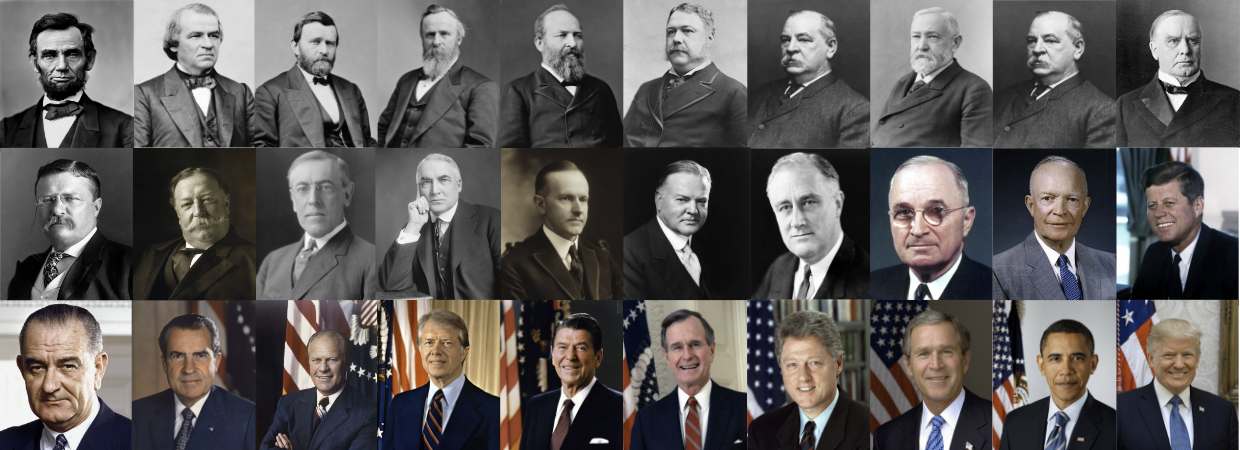
Season Three: The Bully Pulpit
Welcome to The Past, The Promise, The Presidency, Season Three: The Bully Pulpit. The president has a unique position in American society: a one-of-a-kind pulpit from which they speak. And presidents have consistently used their pulpit to address a wide range of issues - from foreign policy to healthcare.
Each episode of this season will address how different presidents have used their bully pulpit to influence American culture and policy, and how the congregation of Americans responded.

Episode 8: Bully Pulpits Abroad
This is the eighth and final episode of Season Three: The Bully Pulpit. This season, we explored many domestic policy issues, such as healthcare, women's suffrage, and land rights. But here in the 21st century, we all know that the president's voice reaches far beyond the borders of the United States. Has it always been this way? And how does the bully pulpit reach audiences abroad?
We invited three scholars to help us understand the many ways presidents have utilized the bully pulpit to speak to the world. We'll begin our conversation with Dr. Jay Sexton, Professor of History at the University of Missouri. Dr. Sexton explains how presidents thought about foreign policy and the bully pulpit in the 19th century, and how that all changed when Teddy Roosevelt took office.
We then move to the presidents of the World War II era with Dr. Kaete O'Connell. A former fellow with us at the SMU Center for Presidential History, Dr. O’Connell is now a fellow at Yale university. She explains how WWII ushered in a new era in presidential communications abroad.
Finally, we invited Dr. Sam Lebovic of George Mason University to share his fascinating insights on how the US Government expanded the use of the bully pulpit to include a much more complex, bureaucratic, and powerful web of communication that spanned the globe. We promise you'll never think of passports the same way again.

Episode 2: Healthcare
This week, we are exploring the history of healthcare policy. Many presidents have tried to pass healthcare reform in America, but time and time again healthcare has tested the limitations and the strengths of the bully pulpit.
In today’s episode, we explored the history of the federal government’s interest in healthcare from the New Deal to Obamacare. We consider, why has healthcare reform been so tricky to implement? What role does the president play in passing healthcare reform? And, how has the pandemic shaped our ideas about healthcare, public health, and the presidency?
We spoke with two special guests. Professor Merlin Chowkwanyun is an assistant professor at the Columbia University School of Public Health. His new book, All Health Politics is Local: Battles for Community Health in the Mid-Century United States is available for preorder from UNC Press. Dr. Guian McKee is an Associate Professor in Presidential Studies at the Miller Center, where he works on the Presidential Recordings Project. He is also currently working on a book project that examines the rise of the health care economy in American cities after World War II.
